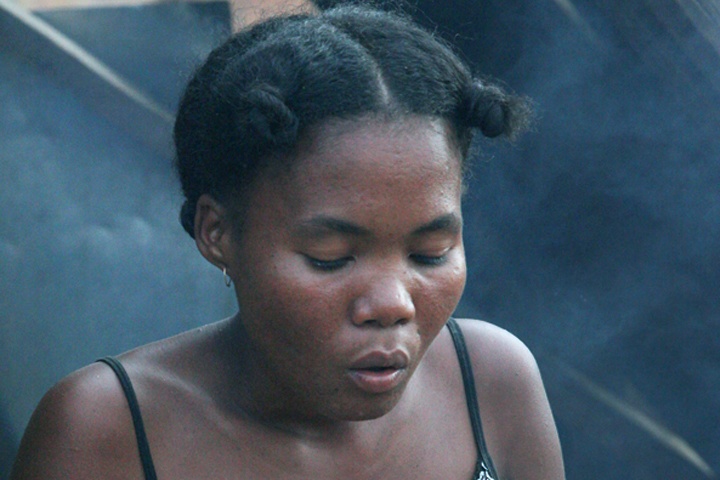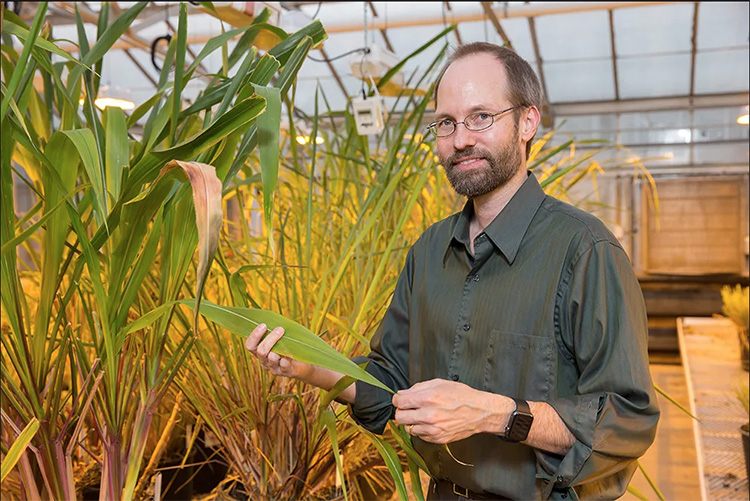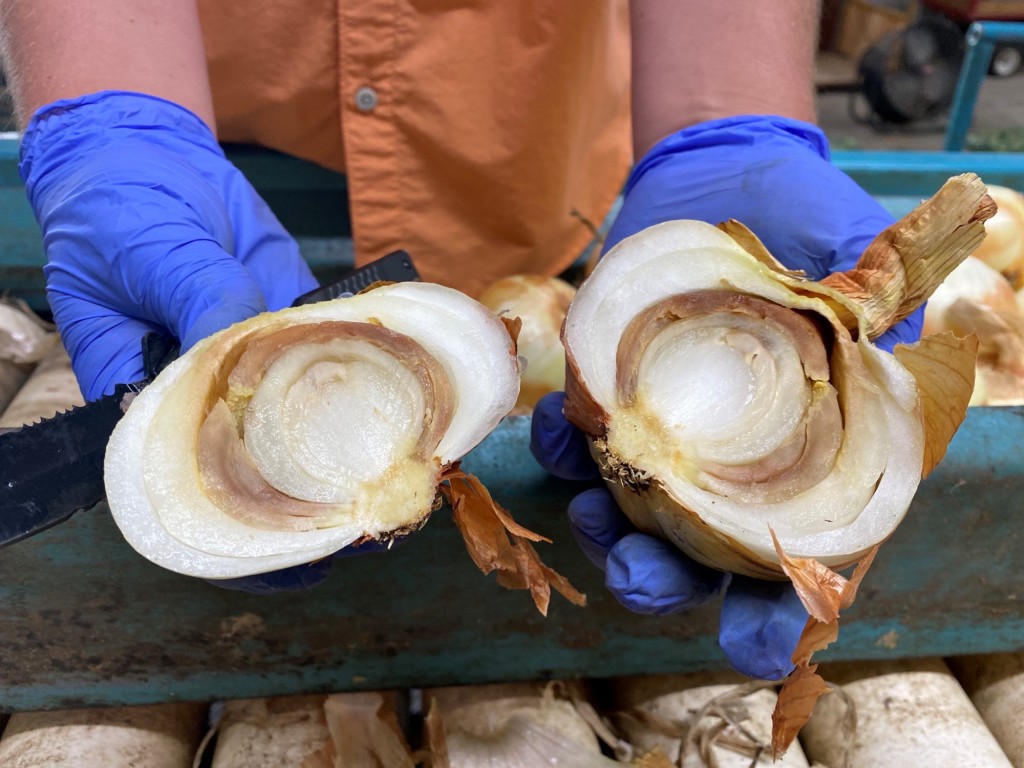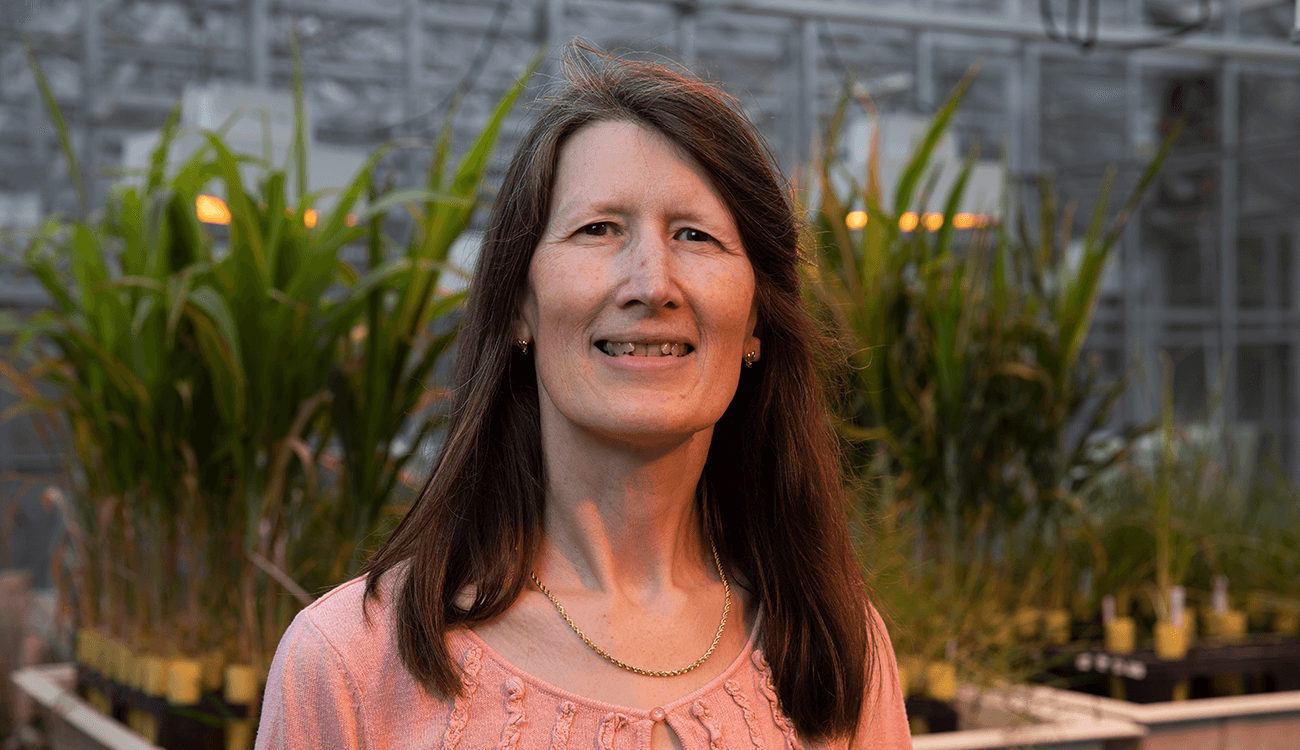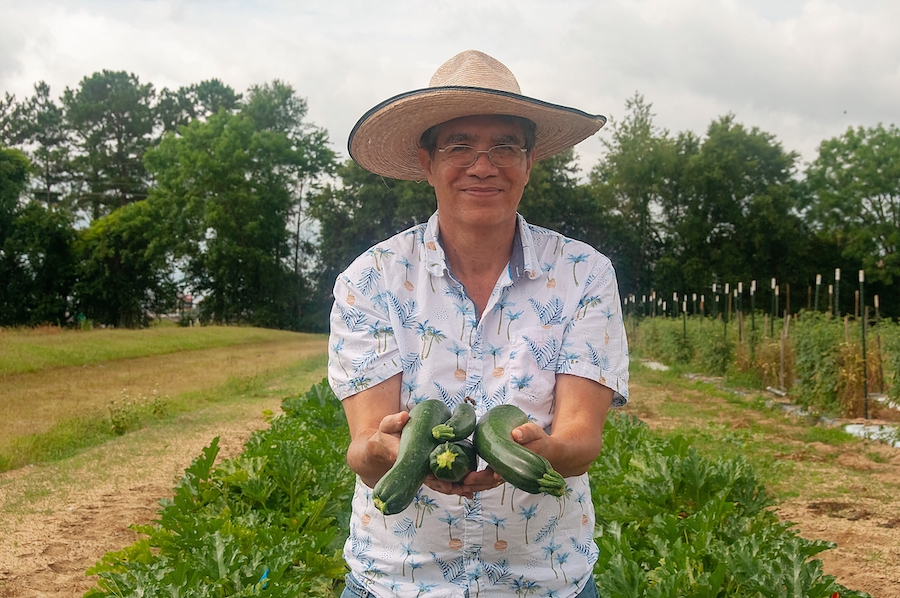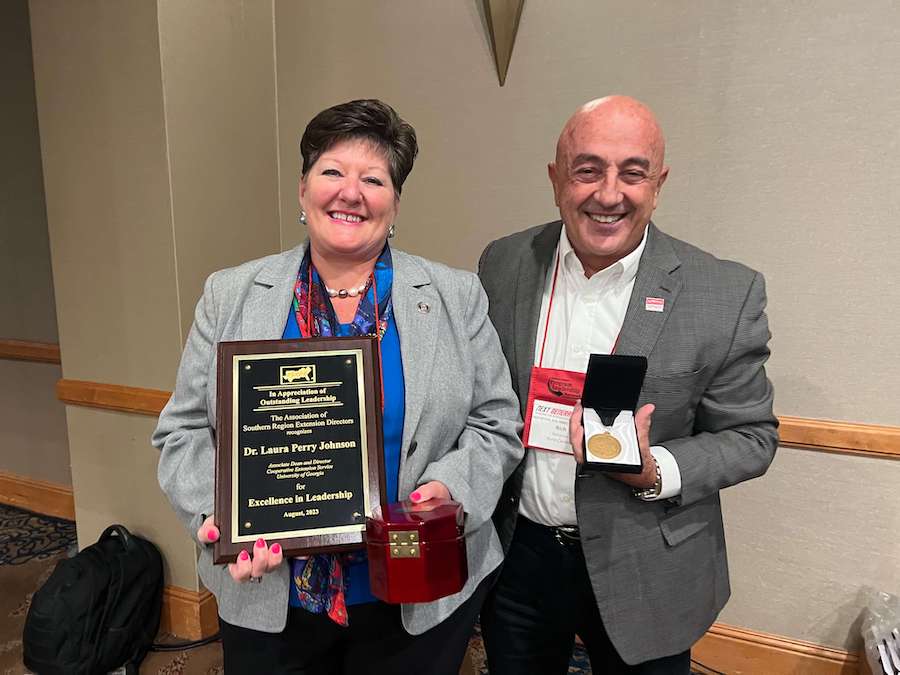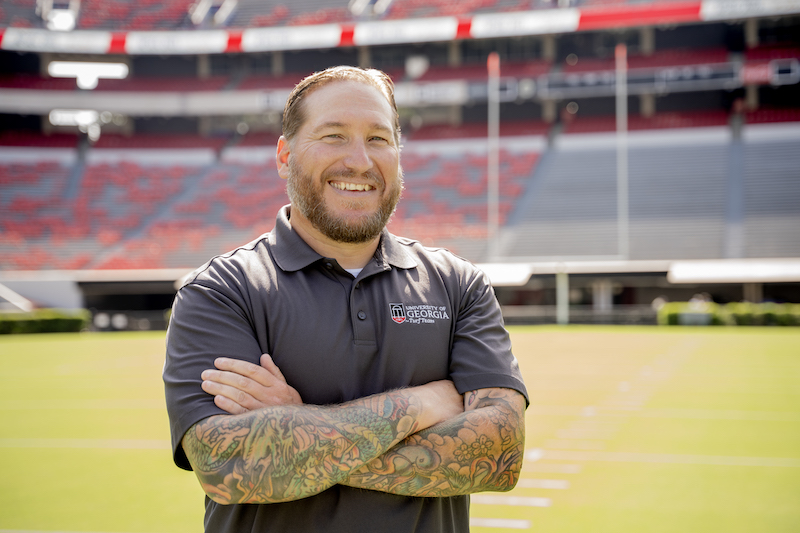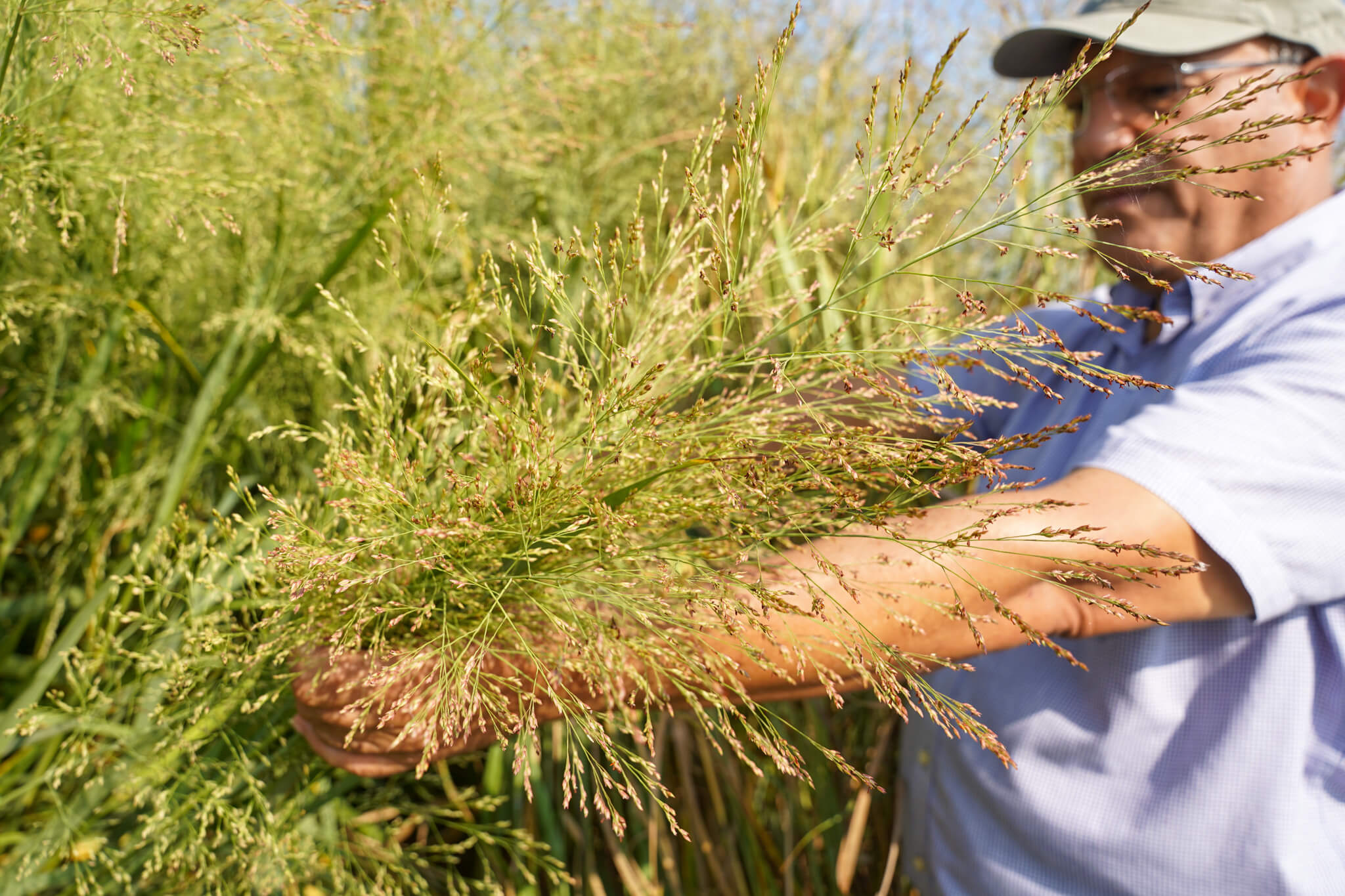 CAES News
CAES News
Growing Gas
As the world grapples with how to reduce its carbon footprint, it’s clear there’s no silver bullet solution for climate change. It will take a multifaceted approach to scale back fossil fuel usage and find more sustainable alternatives. Several UGA researchers are working on promising pathways like bioenergy and bioproducts, forms of renewable energy and materials that could curb carbon emissions.

